Lebanon's parliament fails to elect president for fourth time as with Aoun's term ends in week
Lebanon's parliament has failed for a fourth time this year to elect a president to succeed current chief executive Michel Aoun, whose mandate will run out in just a week.
The legislative body held the ballot on Monday, with the voting session attended by 114 lawmakers out of 128 as some legislators walked out.
It resulted in 39 votes for Michel Mouawad -- a member of the parliament, whose father Rene Moawad was a former president --, 10 votes for scholar Issam Khalife, 50 blank votes, and some scattered votes with political slogans. In order for a candidate to secure the presidency, he needs to be backed by 86 or two-thirds of the parliamentarians.
The legislature had held the three previous presidential votes on September 29, October 13, and October 20.
Parliament speaker Nabih Berri called for another vote on Thursday, October 27, in the hope of overcoming long-running arguments.
Under Lebanon's longstanding confessional power-sharing system, the presidency is reserved for a Maronite Christian.
Aoun rose to power in 2016 after the position had fallen vacant for a two-year-plus period. His election followed a whopping 45 attempts by the parliament to elect a president.
Now, the power vacuum threatens to afflict the legislature again amid bubbling indecision among the lawmakers.
The country has been grappling with multiyear economic doldrums that the World Bank has termed as one of the worst in recent history.
The international lender has, however, stopped short of buoying up the ailing economy, accusing Beirut of failing to implement the "reforms" that are needed to unlock billions of dollars in economic assistance.
Lebanon's Hezbollah popular resistance movement has, meanwhile, blamed the United States and Saudi Arabia for stonewalling the election procedure.
“It is no longer a secret for the Lebanese nation that the Saudi embassy is interfering in the election of a new president, just as it meddled in Lebanon's [May 15] legislative poll,” said Sheikh Nabil Qaouk, deputy head of the executive council of Hezbollah.
“This time the intervention is open and without any intermediaries to the extent that some lawmakers complain about being placed under unrelenting pressure from the US and Saudi embassies,” he pointed out.
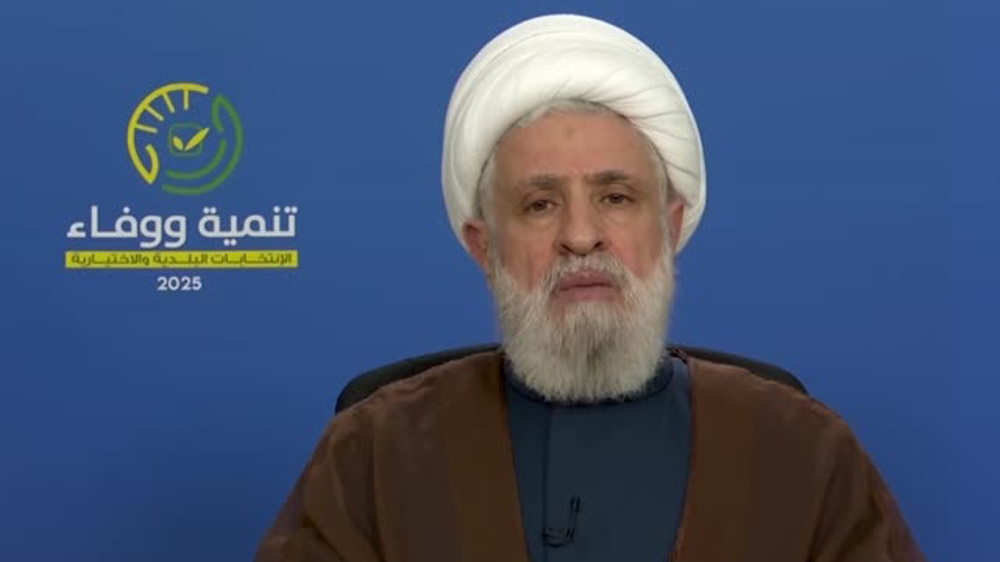
Sheikh Qassem: Hezbollah fully committed to ceasefire despite Israeli violations
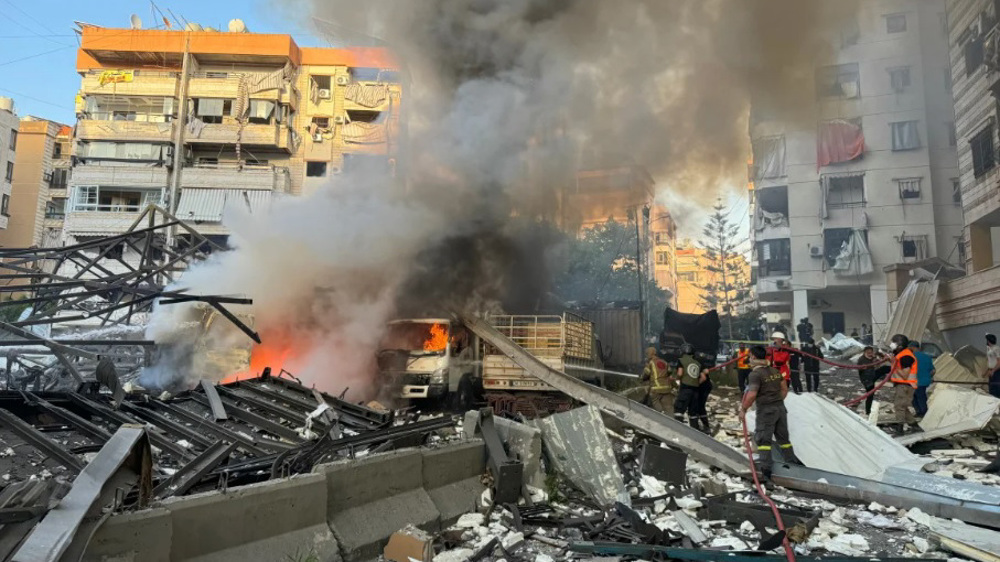
Lebanon appeals to ceasefire guarantors to press Israel to halt attacks
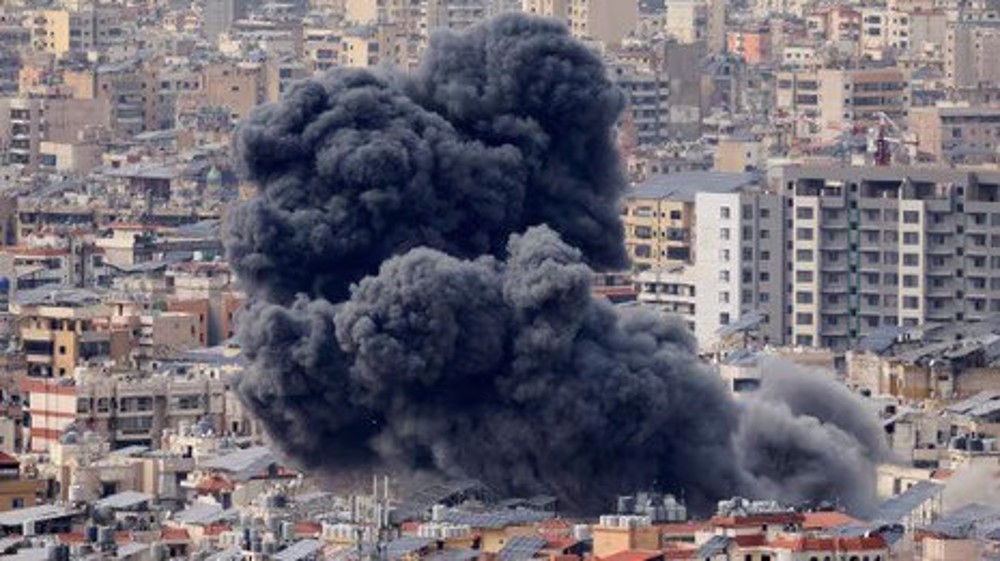
Israel bombs Lebanon's capital Beirut
Gaza’s humanitarian crisis deteriorating ‘beyond imagination’: UN chief
US announces new Iran sanctions despite ongoing nuclear talks
Iraqi MP files lawsuit against Syria’s leader Julani over 'terrorist' past
Iran urges Germany to probe wartime supply of chemical weapons to Iraq
Over 65,000 children hospitalized for malnutrition as Israel starves Gaza
Hamas condemns Gaza blockade as war crime, demands global action
At ICJ hearings, South Africa says Israel committing genocide with 'impunity'
Top Russian carmaker eyes localization project in Iran


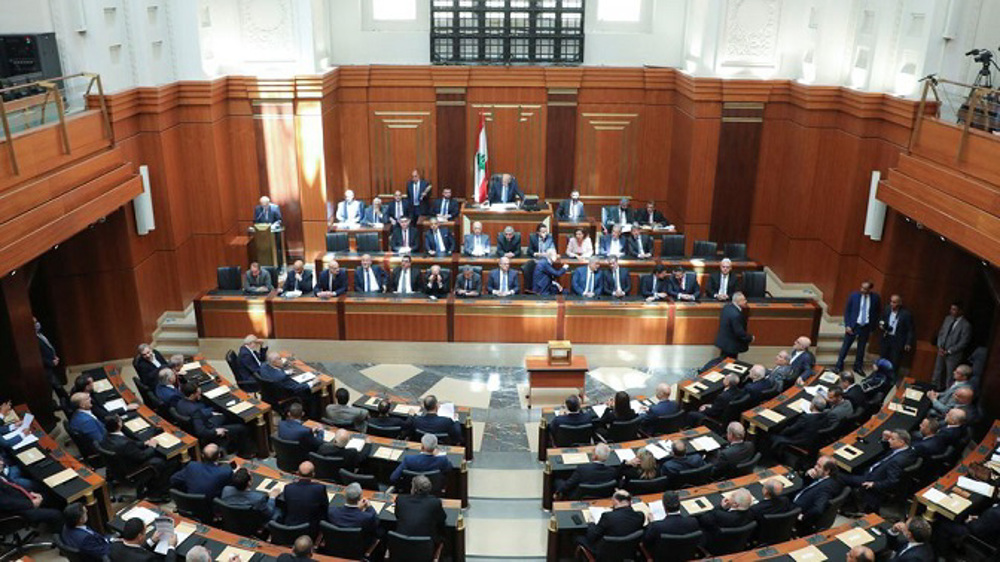
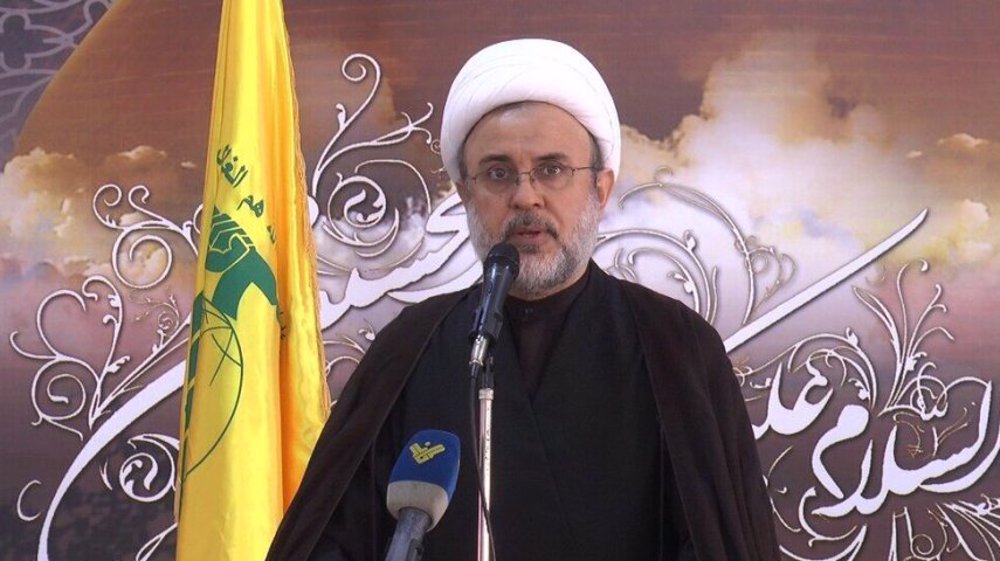



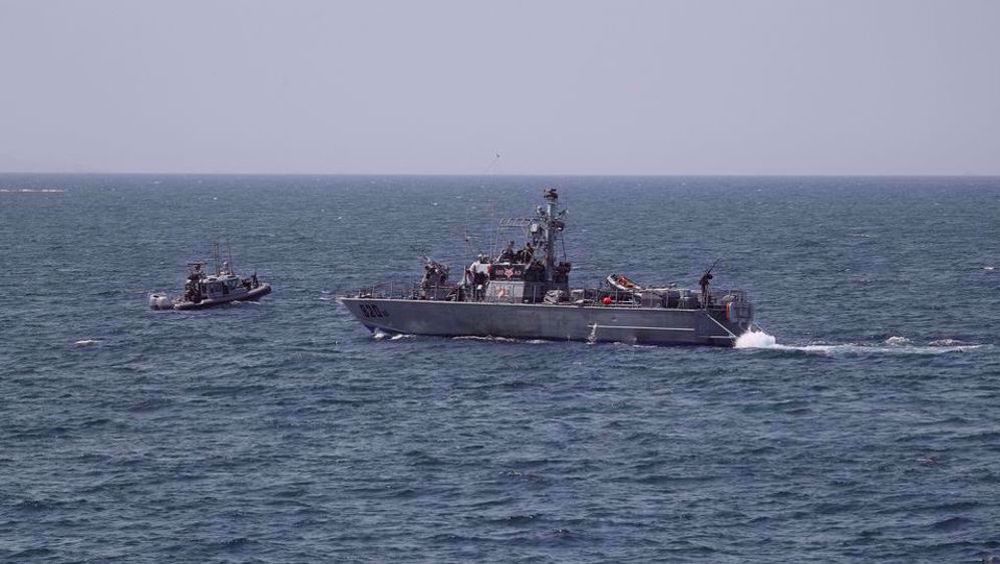
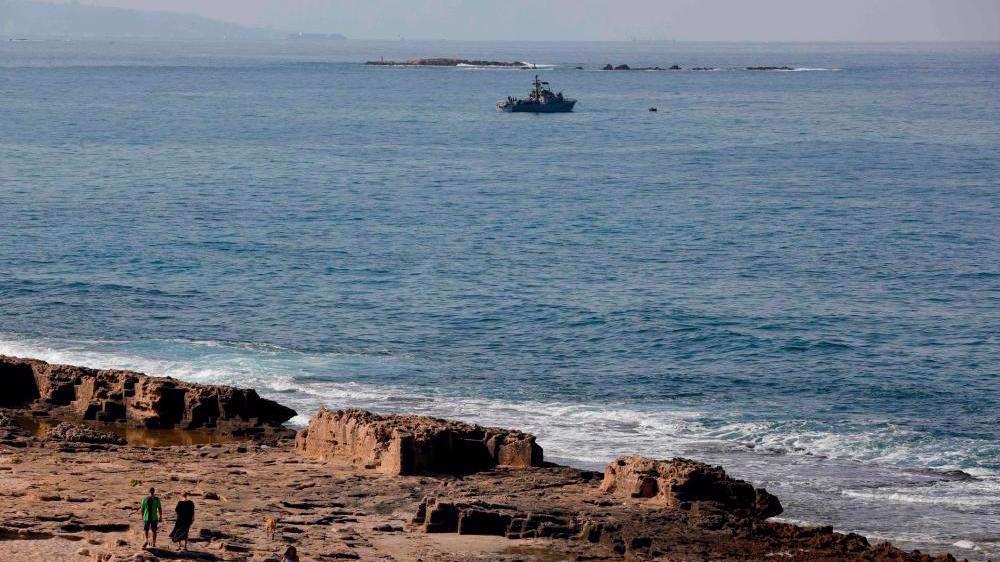
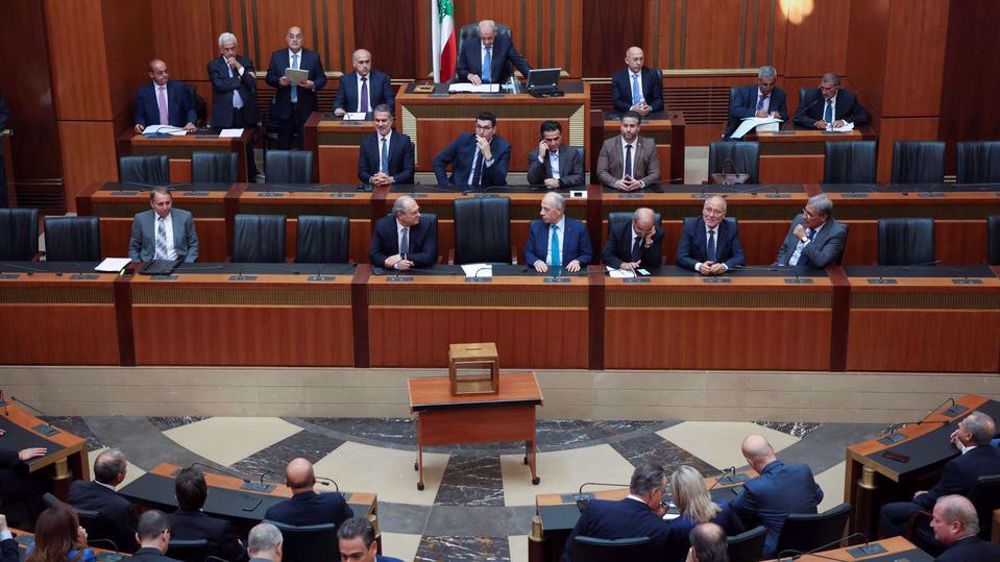

 This makes it easy to access the Press TV website
This makes it easy to access the Press TV website